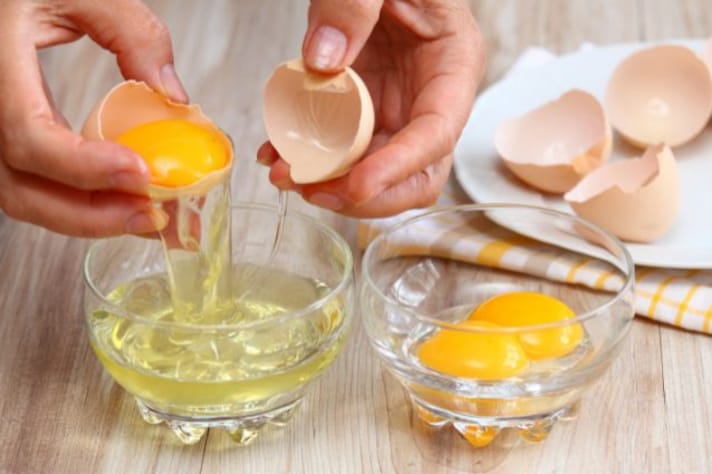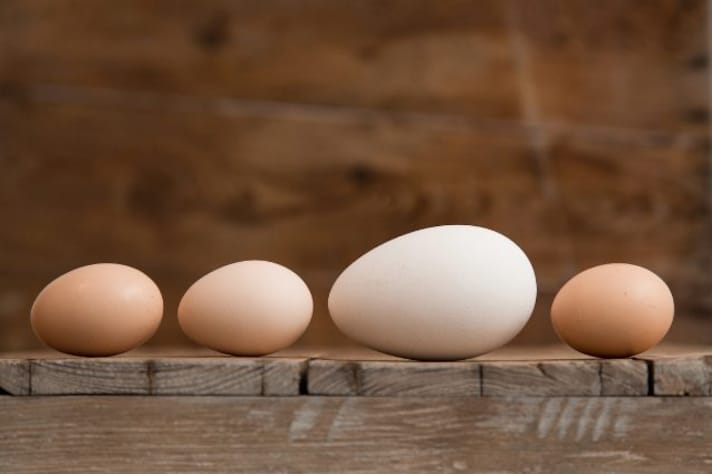
Whether you're baking a sweet treat or whipping up a savory dish, you can bet your recipe will call for eggs. But here’s the catch—recipes usually aren’t specific about egg sizes. They’ll casually ask for 1, 2, or even 6 eggs, leaving you wondering if your medium eggs will do the job. What if all you’ve got are small eggs? Should you double up? Or maybe you’re looking at your jumbo eggs, wondering if you should cut back. It's time to crack the code on egg sizes and how to make sure you’re using the right amount every time.
What Determines the Size of an Egg?
Egg size isn’t just a random guess at the grocery store—it’s all about standards set by the USDA (in the U.S., at least). The size of an egg is determined by its weight per dozen, not the egg’s physical dimensions. So, a dozen large eggs must weigh between 24-27 ounces in total, whereas a dozen medium eggs will weigh a bit less. At the store, you’ll typically find eggs labeled as small, medium, large, extra-large, and jumbo. Large eggs are the most common in recipes, but depending on what’s in your fridge, you might have to improvise with smaller or larger ones.

Converting Egg Sizes Chart
If you’ve ever wondered how much “1 egg” actually weighs, here’s the breakdown:
- Large egg: about 50 grams, 1/4 cup (60ml), or 4 tablespoons.
- Medium egg: around 44 grams, 3 1/2 tablespoons (52ml), or just under 1/4 cup.
- Jumbo egg: about 63 grams, 1/3 cup (80ml), or 5 tablespoons.
If a recipe calls for 2 large eggs (about 100 grams) and you have small eggs, use three. With jumbo eggs, you may only need one and a half. Measuring by weight or volume ensures precision in your recipes, avoiding egg mishaps!

Does Egg Size Always Matter in Recipes?
Does size matter? When it comes to eggs in recipes, the answer is sometimes, but when it does, it’s crucial. In delicate baked goods like cakes, soufflés, or macarons, where precision is key, using too much or too little egg can throw off the texture, rise, and even the flavor. Too much egg can make your baked goods dense, while too little might leave them dry and crumbly. On the other hand, for scrambled eggs, quiches, or even hearty casseroles, egg size won’t make or break the dish, and you can be more flexible. The bottom line? For baking, get out those measuring spoons or scales. For most savory dishes, you can eyeball it a little more and still come out golden.
;Resize,width=767;)
